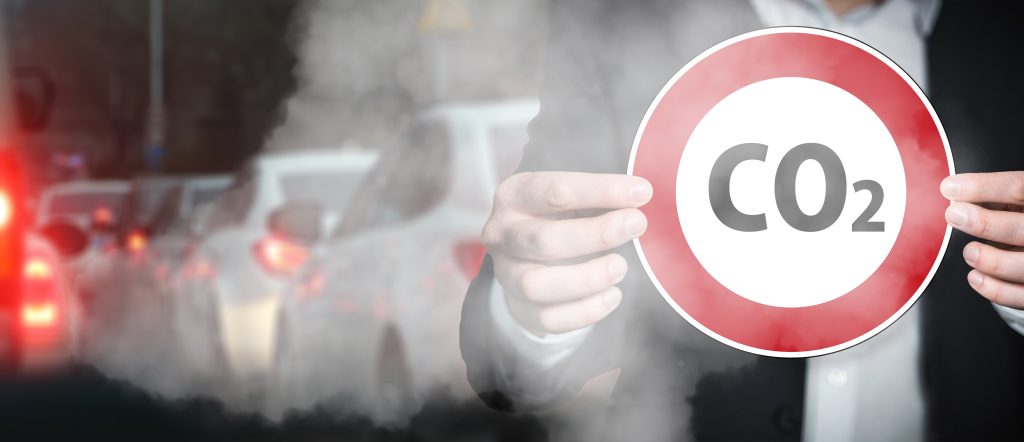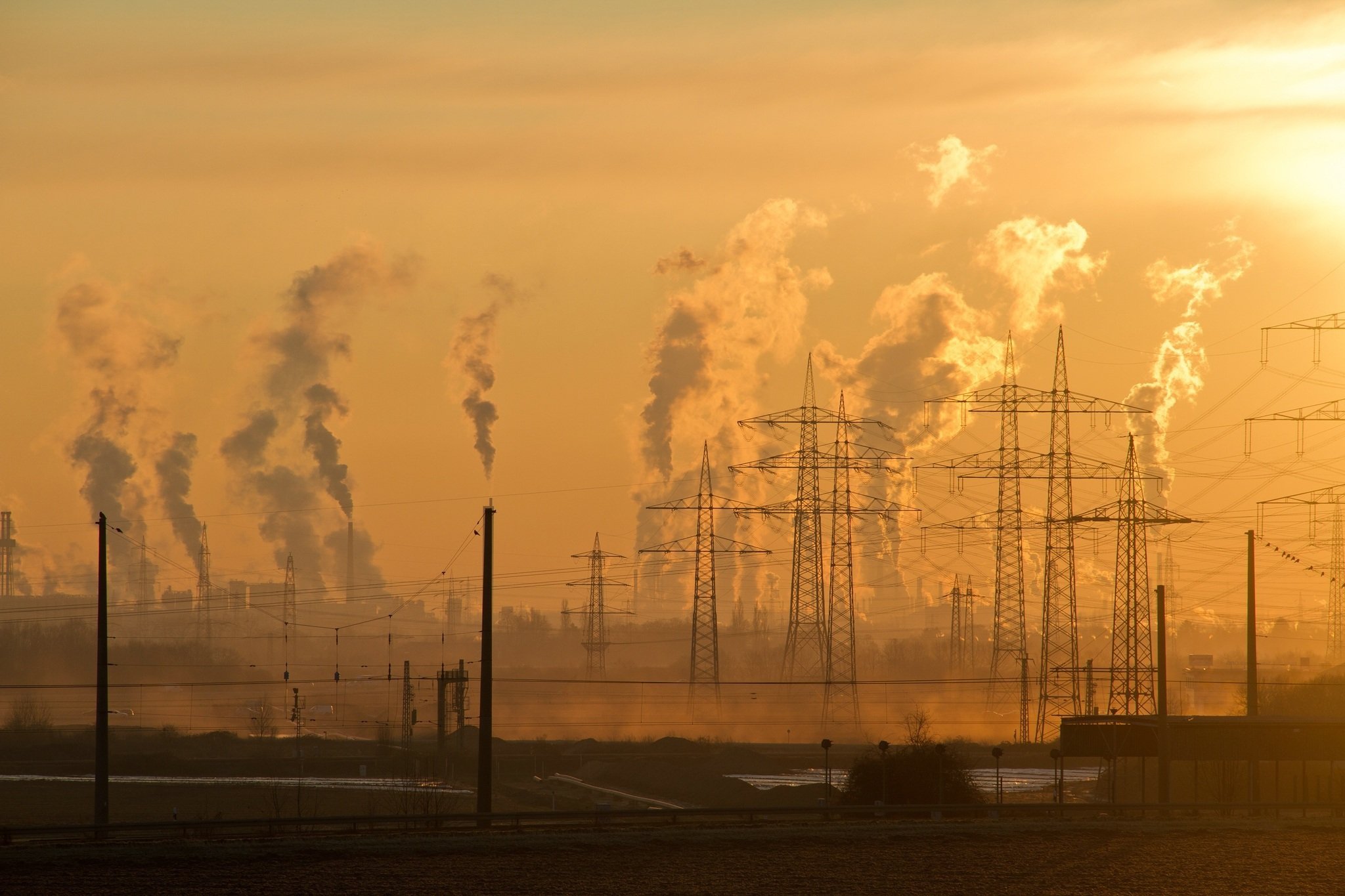Reading the Future of Jakarta’s Health through the Latest Pollution Report
The Shadow of a Health Crisis Behind Jakarta’s Air Pollution
Jakarta, Indonesia’s dynamic capital that never sleeps, has once again captured the world’s attention with an unwanted title: frequently ranking as the city with the worst air quality in the world. Recent air pollution reports from various air quality monitoring platforms, such as IQAir, consistently place Jakarta at the top of the list for dangerous PM2.5 concentrations. The figures in these reports are not mere statistics; they are a grim medical prophecy and a mirror into the future health of Jakarta’s residents. This article will dissect what the latest pollution reports truly reveal about the health threats looming over the capital and their implications for the survival of its citizens.

The Current State of Air Pollution in Jakarta
According to an IQAir report (2023), Jakarta once again ranked as the most polluted capital city in the world. The average concentration of hazardous PM2.5 particles in the city reached 37.3 µg/m³, a figure that far exceeds specifically, 7.4 times higher the annual safe limit of 5 µg/m³ set by the World Health Organization (WHO). This pollution originates from various sources, with main contributors being emissions from motor vehicles (especially diesel engines), the operation of nearby coal-fired power plants, and massive construction activities. It is no surprise that real-time data on air quality monitoring applications like AirVisual often shows “Unhealthy” to “Very Unhealthy” levels, especially during peak traffic hours.
Conclusion
The latest report on air pollution in Jakarta must be addressed as an emergency alarm. The data contained within it is not just numbers, but a real picture of the health threats lurking for its residents, both today and in the future. The impacts are broad, ranging from respiratory and heart disorders to decreased cognitive function. Jakarta is now at a critical turning point. If business and industrial activities are allowed to continue unchanged, the city will face a massive public health crisis. However, another path remains open. Driven by concrete political commitment, stricter regulations, and active collaboration from all parties, Jakarta has the opportunity to transition from a severely polluted city to an example of a healthy and sustainable metropolitan capital.
IQAir. (2023). World Air Quality Report. Diakses dari https://www.iqair.com/us/world-air-quality-report
World Health Organization (WHO). (2021). WHO global air quality guidelines: particulate matter (PM2.5 and PM10), ozone, nitrogen dioxide, sulfur dioxide and carbon monoxide. Geneva: World Health Organization.
Dinas Kesehatan Provinsi DKI Jakarta. (2023). Laporan Tahunan Kasus ISPA di Jakarta. [Data dapat diakses melalui portal data kesehatan DKI Jakarta].

